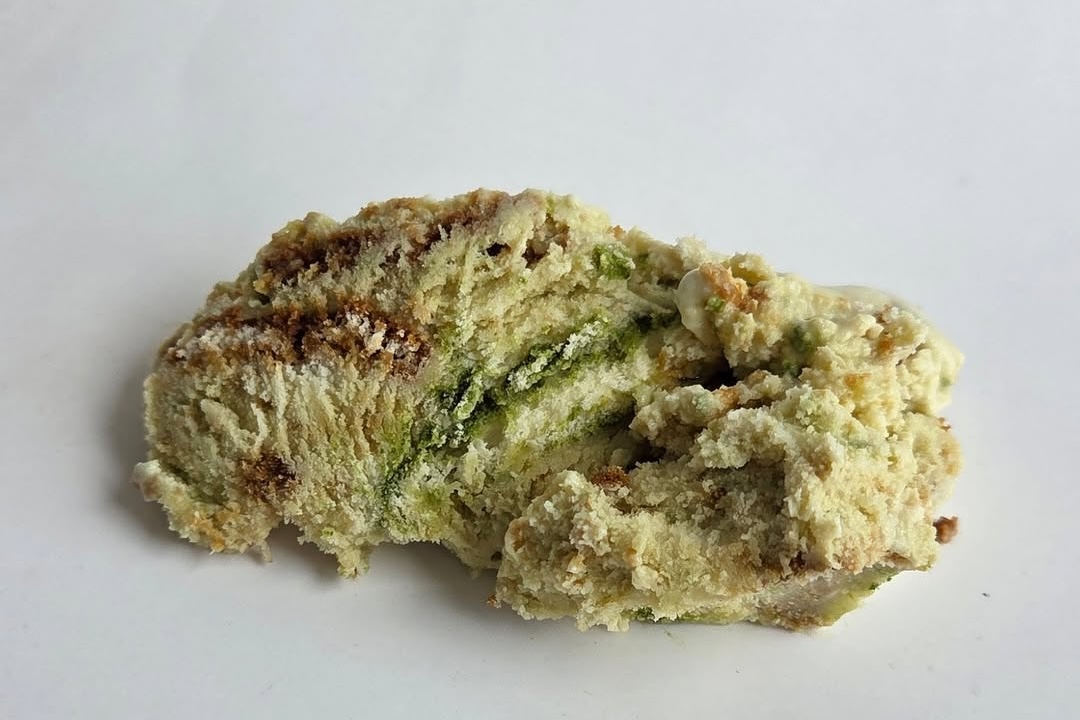NEW YORK – Legionnaires’ disease is a severe form of pneumonia caused by the Legionella bacteria. The disease is contracted when people breathe in mist or vapor contaminated with the bacteria.
While most healthy people exposed to the bacteria don’t get sick, certain individuals, such as the elderly or those with weakened immune systems, are at higher risk.
Legionnaires’ disease symptoms
What we know:
Symptoms of Legionnaires’ disease are similar to other types of pneumonia and usually develop between 2 and 14 days after exposure, but it is not usually spread from person to person, rather contracted from the source of the mist or water vapor that contains the bacteria. Symptoms can include a high fever, cough, muscle aches, headaches, and shortness of breath. In some cases, patients may also experience confusion, nausea, or diarrhea.
Where are the bacteria typically found?
Dig deeper:
The Legionella bacteria are commonly found in freshwater environments, but they can become a health concern when they grow and spread in human-made water systems, such as cooling towers, hot tubs, decorative fountains, and large plumbing systems.
Who is at risk of Legionnaires’ disease?
Why you should care:
While the majority of healthy people who are exposed to the bacteria do not get sick, certain factors can increase a person’s risk of developing Legionnaires’ disease. Those at the highest risk include people 50 years or older, current or former smokers, individuals with chronic lung disease or weakened immune systems, and those with underlying medical conditions such as cancer, kidney failure, or diabetes.
Legionnaires’ disease in NYC
Local perspective:
The New York City Health Department is investigating a community cluster of Legionnaires’ disease in Central Harlem, resulting in the deaths of two people as of Aug. 5, 2025. 58 people have been diagnosed since July 25, 2025, in Central Harlem and bordering communities. Knowing your risk of Legionnaires’ disease can help prevent you getting sick when an outbreak occurs.
What you can do:
There is no vaccine to protect against Legionnaires’ disease. Anyone in the affected area since late July 2025 with flu-like symptoms, fever, coughing or trouble breathing should seek immediate medical attention.
The Source: Information provided by the Centers for Disease Control and Prevention and the New York City Health Department contributed to this report.















